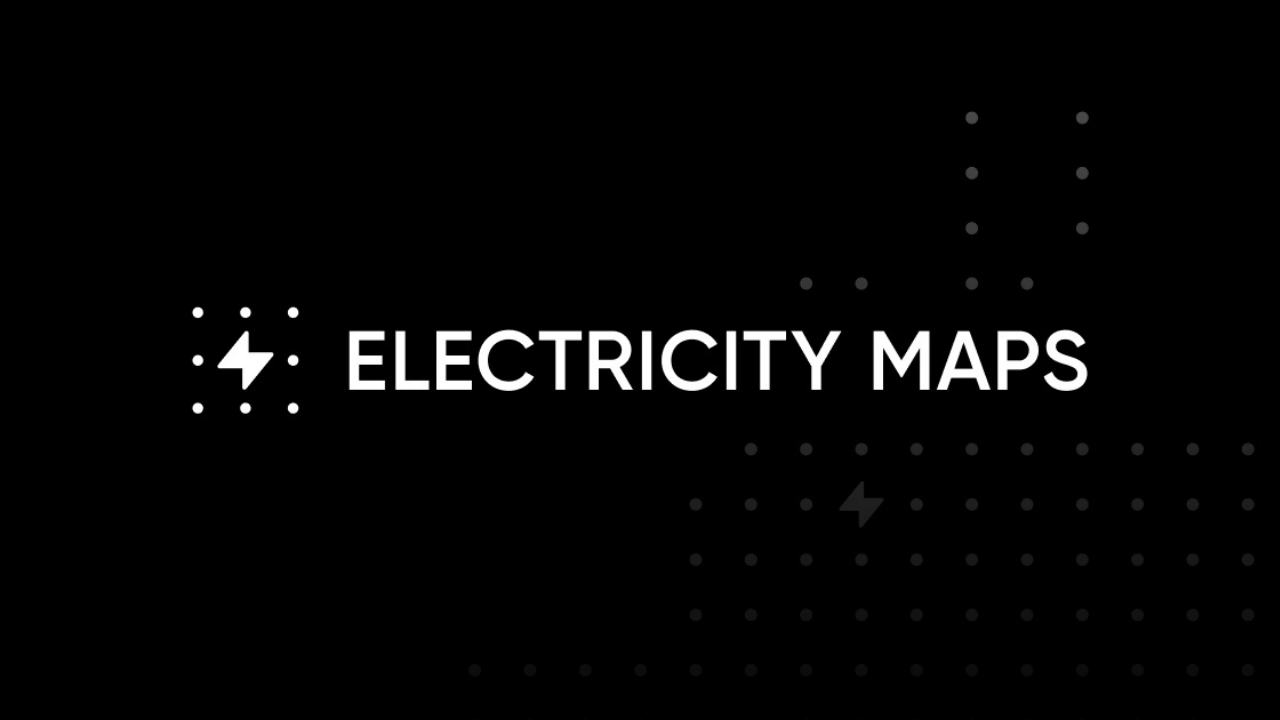Copenhagen-based climatetech Electricity Maps raised €5m to accelerate the data-driven decarbonization of the electricity grid. The investment comes from climate-focused funds Transition and Revent.
More and more renewable energy is entering the grid, but sunshine and wind aren't always available. This makes it tricky to balance supply with growing electricity needs. Fortunately, much of this new demand is flexible, meaning electricity consumption can be shifted to times when clean energy is readily available and prices are lower.
“To enable such demand flexibility,” explained founder Olivier Corradi, “data infrastructure is needed to tell billions of grid-connected systems when and where to consume electricity. This is where we come in.”
Electricity Maps allows businesses to match their increasing electricity demand with a growing intermittent energy supply in real-time. The company’s platform provides access to granular data on carbon emissions and electricity sources, covering over 230 regions around the world, including the U.S., Europe, Australia, and large parts of South America and Asia. Real-time, historical, as well as forecast data is available via Electricity Maps’ commercial API.
The platform enables businesses to build products that use electricity when it is cleaner and cheaper. Current use cases range from cleaner AI computations in data centers, to more sustainable charging of electric vehicles, to granular carbon accounting practices. Electricity Maps’ growing customer base includes prominent tech companies: Samsung, for example, uses the Electricity Maps platform in their SmartThings app to show users the electricity usage and carbon footprint of their Samsung devices.
Google, another partner, uses Electricity Maps’ forecasts to run power-heavy computations during times when renewables are abundant.
In addition, Electricity Maps’ app provides users with public data portal providing data for non-commercial use. The data has been used by governmental agencies and policymakers to understand the state of the energy transition and to debate decarbonization strategies.
The founder of Electricity Maps, Olivier Corradi, exclaims his excitement for the upcoming acceleration: “This additional financing round will enable us to finally scale and start living out our global potential.”



Would you like to write the first comment?
Login to post comments